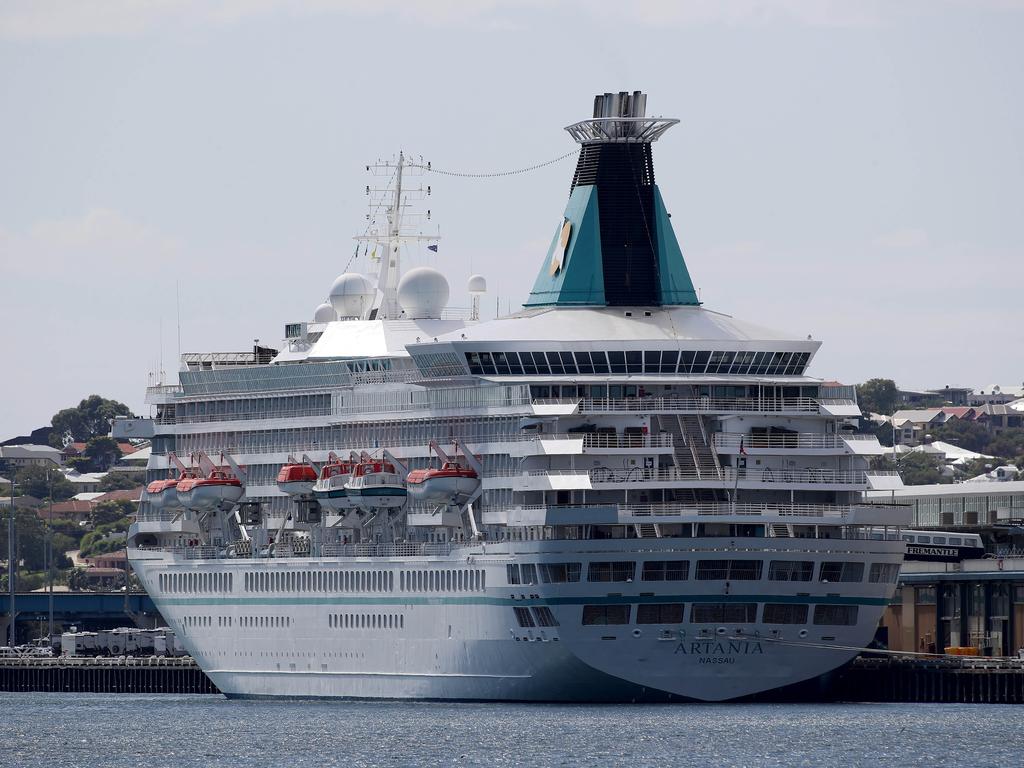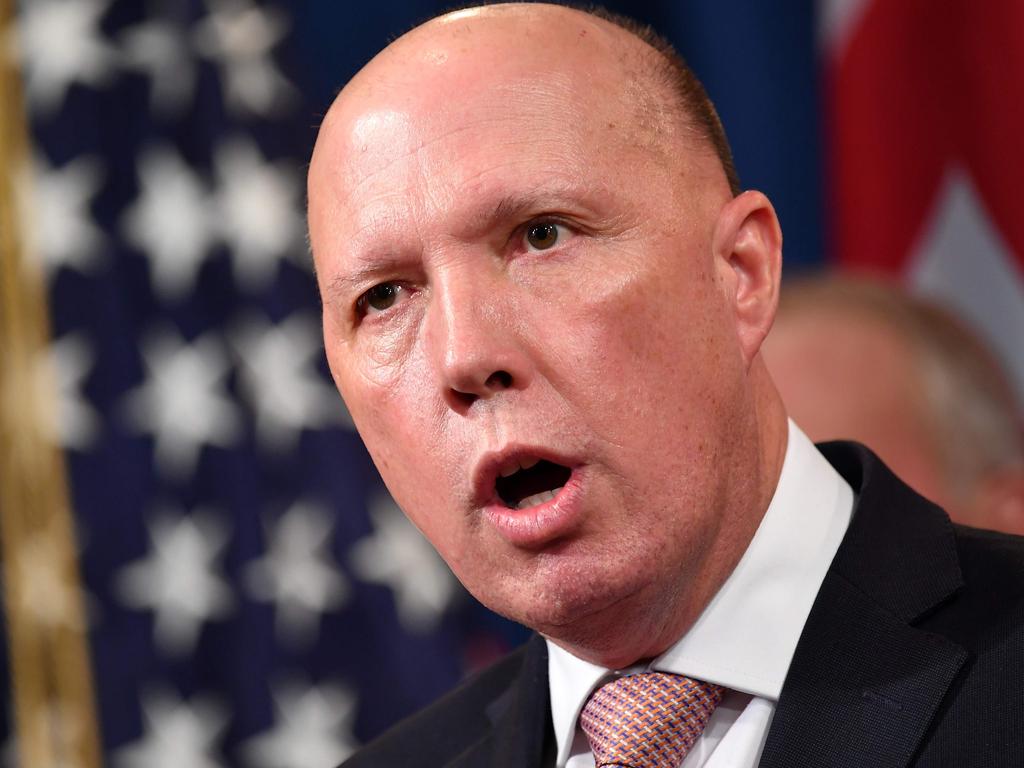Coronavirus: Everything you need to know from the past 24 hours
It’s been another frantic day of coronavirus updates in Australia. Here is everything you need to know about how it will affect you.
Australia’s coronavirus death toll has risen to 65 after two more deaths were recorded across the country, with the total number of confirmed cases passing 6500.
A man in his 40s, who was a crew member on the Artania cruise ship, died at Royal Perth Hospital in Western Australia. He is the youngest person to die from COVID-19 in the country.
A 72-year-old Tasmanian man also died in the Mersey Community Hospital in the state’s northwest this morning.
There are 6516 confirmed COVID-19 cases in Australia, with 2926 in New South Wales, 1302 in Victoria, 1007 in Queensland, 435 in South Australia, 535 in Western Australia, 180 in Tasmania, 103 in the Australian Capital Territory and 28 in the Northern Territory.
RELATED: Follow the latest coronavirus updates

WHAT WE KNOW
The latest deaths come after Prime Minister Scott Morrison accused a Tasmanian healthcare worker of lying to contract tracing authorities.
“Someone down there was not telling the truth to contact tracers about who have they been in contact with,” Mr Morrison told Triple M’s Brian Carlton.
More than 80 of Tasmania's 180 COVID-19 cases are directly linked to an outbreak at the North West Regional Hospital and North West Private Hospital at Burnie, with dozens of workers among them.
Home Affairs Minister Peter Dutton ripped into China today, demanding the country come clean over the origin of the virus.
Mr Dutton, who contracted the virus overseas and spent weeks unwell, said China needed to be more “transparent” about the truth.

Schoolchildren in NSW could soon return to school under a new “roster system”, announced by Premier Gladys Berejiklian today.
Ms Berejiklian said the state was considering a system that would rotate students through face-to-face classes.
There has been a call for lockdown restrictions that “don’t make biological sense” to be relaxed across the country.
“Sitting on a bench by yourself, fishing by yourself, walking on a beach if it’s not crowded. Why do they matter?” infectious diseases physician and Australian National University professor Peter Collignon told news.com.au.
“These things protect people’s sanity when there are going to be restrictions for a long time.”
WHAT WE DON’T KNOW
Australians have been told its distancing restrictions will still be in place across the country for at least another four weeks, but some experts are pushing for some rules to be relaxed earlier than others.
Prof Collignon said there were multiple rules that “don’t make biological sense” that should go first.
“Sitting on a bench by yourself, fishing by yourself, walking on a beach if it’s not crowded. Why do they matter?” he told news.com.au.
“These things protect people’s sanity when there are going to be restrictions for a long time.”
Prof Collignon believes pubs will still be closed for a while but other activities that were low risk could be looked at.
“A lot of things we are doing are panic reactions from seeing on television what’s happening in New York or London, where they have lost control of the infection, rather than doing what they are doing in Korea, which is a similar nation to us” he said.
Once these restrictions are lifted, Prof Collignon believes the next step would be looking at restrictions in place across the country that are less strict.
For example, South Australia’s rules aren’t as tough as places like Victoria.
If South Australia’s restrictions are working to control the virus, then other more strict controls may not be necessary.




